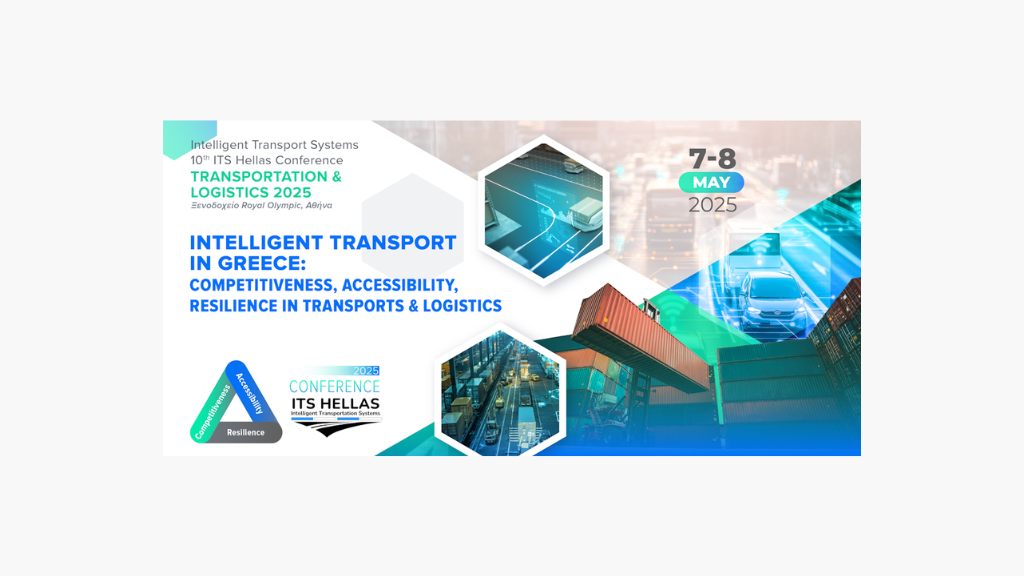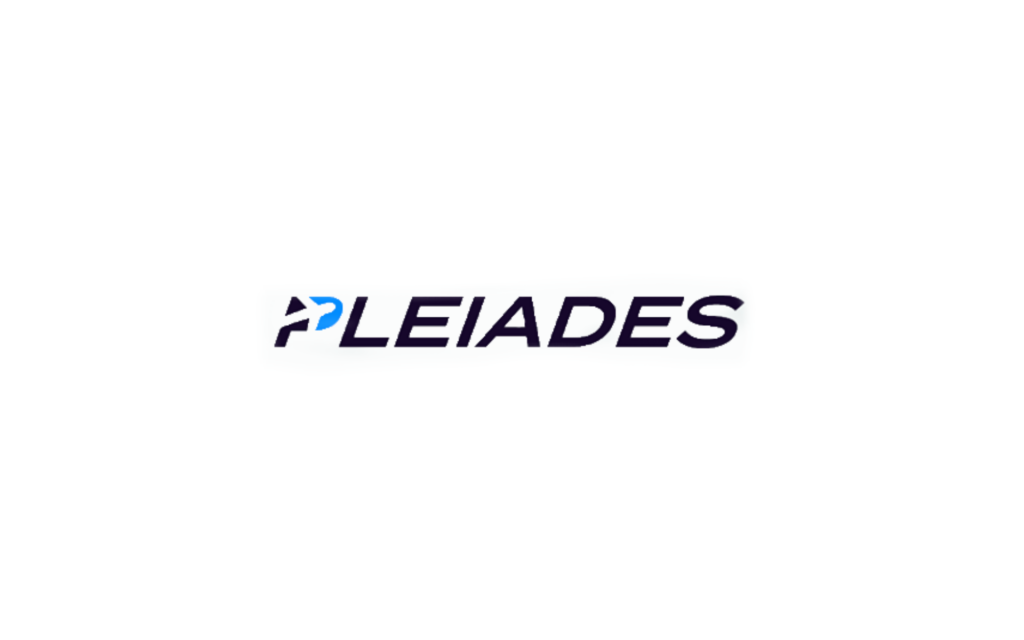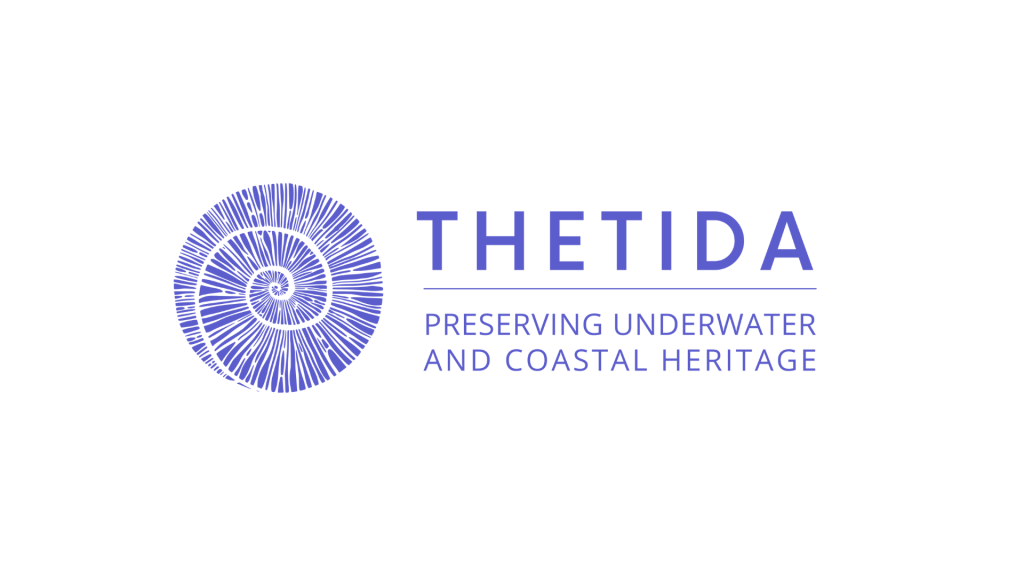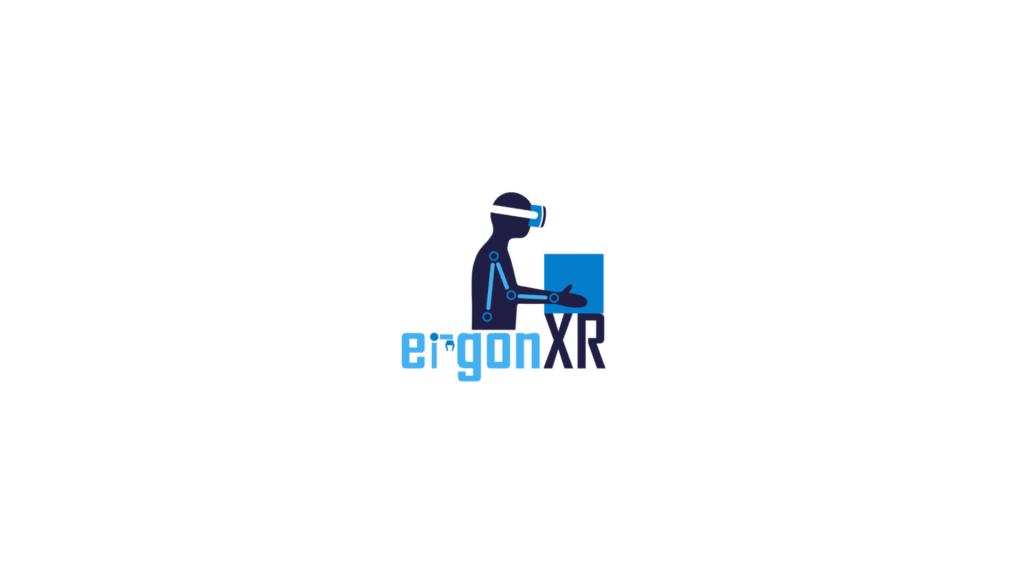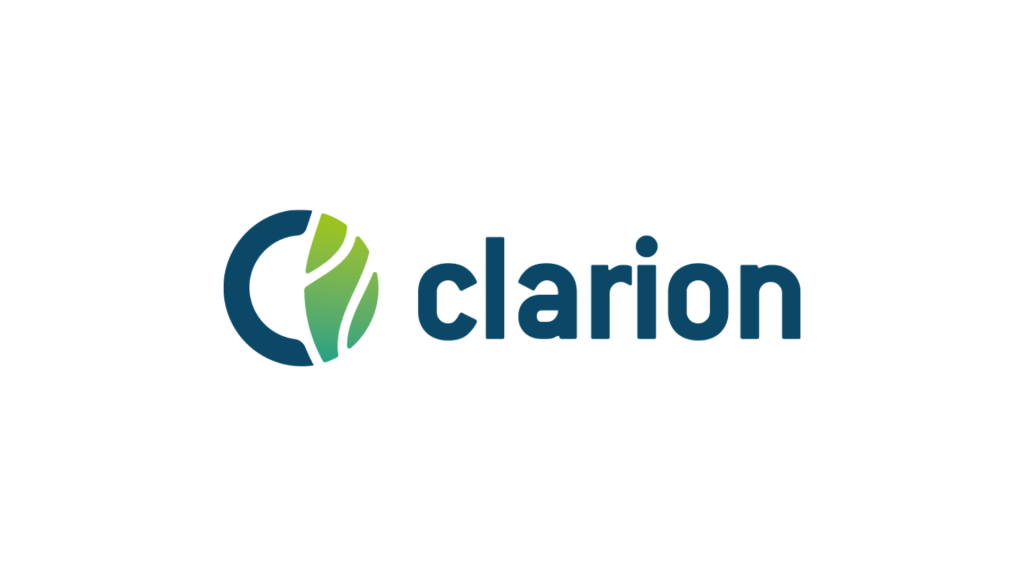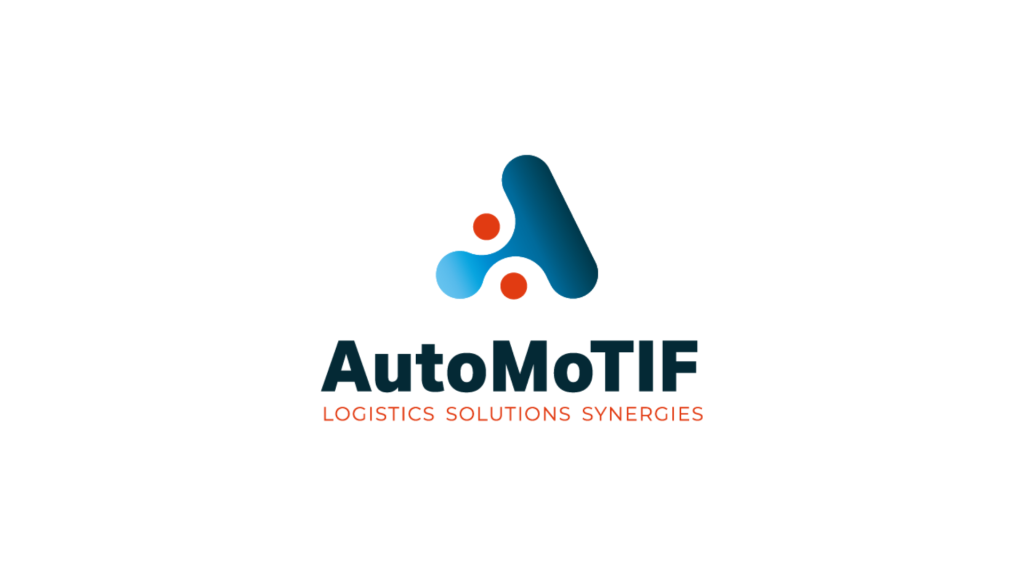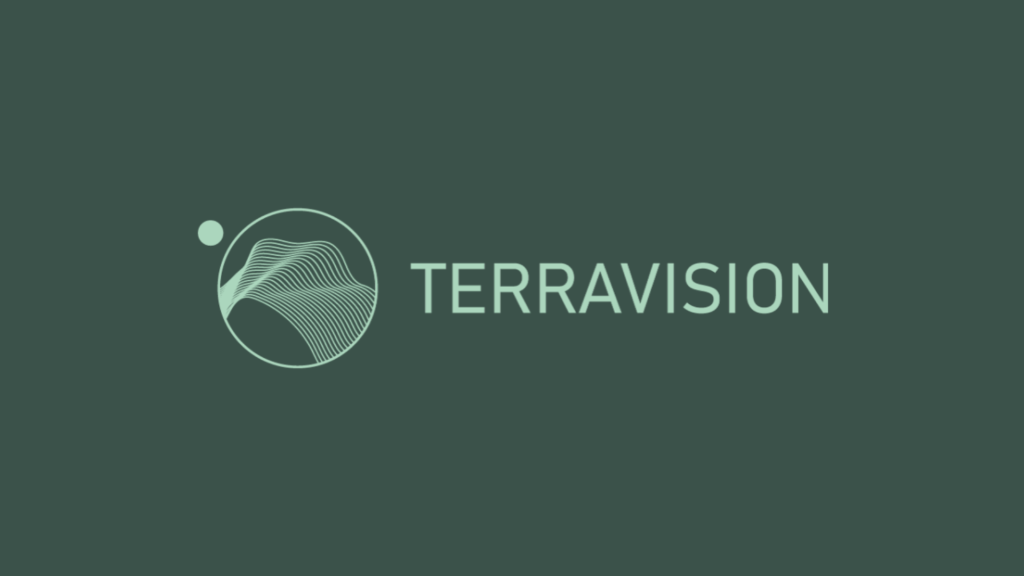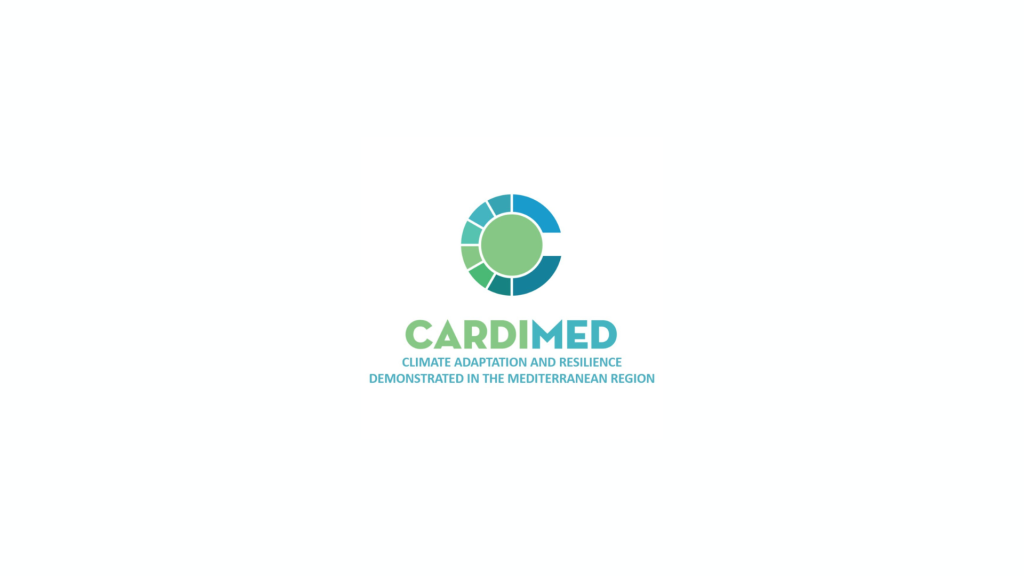The Institute of Communication and Computer Systems (ICCS), in collaboration with the Hellenic Institute of Transport (HIT) of CERTH, proudly announces the co-organization of the 10th Annual ITS Hellas Conference, to be held on 7–8 May 2025 at the Royal Olympic Hotel, Athens. Now firmly established as a key event within Greece’s transport sector, the…
Author Archives: Sofia Tsourinaki
Systemic Solutions to Enhance Healthy and Sustainable Food Provision and Cooking at Home Healthy and sustainable food is often linked to cooking at home, yet not everyone finds this option appealing. In this context, the EU-funded DietWise project will streamline existing tools and applications to develop solutions that encourage healthy and sustainable food practices. Its…
March 2025 – 01/2025 PLEIADES – project website now live UK, March 5th, 2025 – we are excited to announce that the official website of PLEIADES is now live! The new website serves as a central hub for all information related to PLEIADES, providing insights into our mission, objectives, and latest developments. Visitors can explore…
The THETIDA project approaches safeguarding and protecting Europe’s coastal and underwater cultural heritage from the effects of climate change and natural hazards in a holistic manner that includes risk management, protection and preparedness, as complementary strategies to prevent damages to cultural heritage sites, identify and ward off additional threats and promote policy tools for climate…
Ergonomics Assessment in XR environments Ergon-XR is an innovative training solution designed to enhance worker safety and efficiency in automated manufacturing. By leveraging extended reality (XR) technology, Ergon-XR provides a virtual environment where trainees can safely interact with industrial equipment—such as conveyors and collaborative robots—while minimizing ergonomic risks. Trainees use XR headsets to practice tasks…
Climate resilient Port Infrastructure CLARION gathers a strong multidisciplinary team of 21 partners with complementary research, technical and business profiles, including four ports with inland waterway connections, the top-3 in Europe, in terms of container throughput, namely Rotterdam, Antwerp/Brugge and Hamburg in the North Sea and Constantza, the largest European port in the Black Sea….
AUTOmation Towards Multimodal Transportation and Integration of Freight AutoMoTIF will focus on the development of strategies, business and governance models, regulatory recommendations and synergies that will enable the integration and interoperability of automated transport systems and solutions towards the operational automation of multimodal cargo flows and logistics supply chains in the intra-European network. It will…
FeDerated nEtwork of pLatforms for Passenger and freigHt Intermodality DELPHI is a revolutionary approach to address the growing challenges of passenger and freight mobility. Recognizing the complexity of stakeholder landscapes, fragmented transportation systems, and the need for secure data sharing DELPHI will integrate sectors, harmonize data, and leverage advanced methodologies, to transform transportation systems for…
Integrated Earth Observation based platform for novel services to enhance raw materials mining life cycle Raw materials serve as the backbone of the European Union’s digital and green economy, underpinning industrial operations and aligning with the objectives of Europe’s Green Deal. Recognizing the imperative to enhance resource accessibility, efficiency, and circularity, the EU emphasizes resilience…
Climate Adaptation and Resilience Demonstrated In the MEDiterranean region CARDIMED, an acronym for Climate adaptation and resilience demonstrated In the Mediterranean region, aligns with the European Green Deal‘s core objective of the “twin digital and green transition.” Recognizing the challenges posed by the sensitive and biodiverse Mediterranean biogeographical region, the project aims to establish a…

